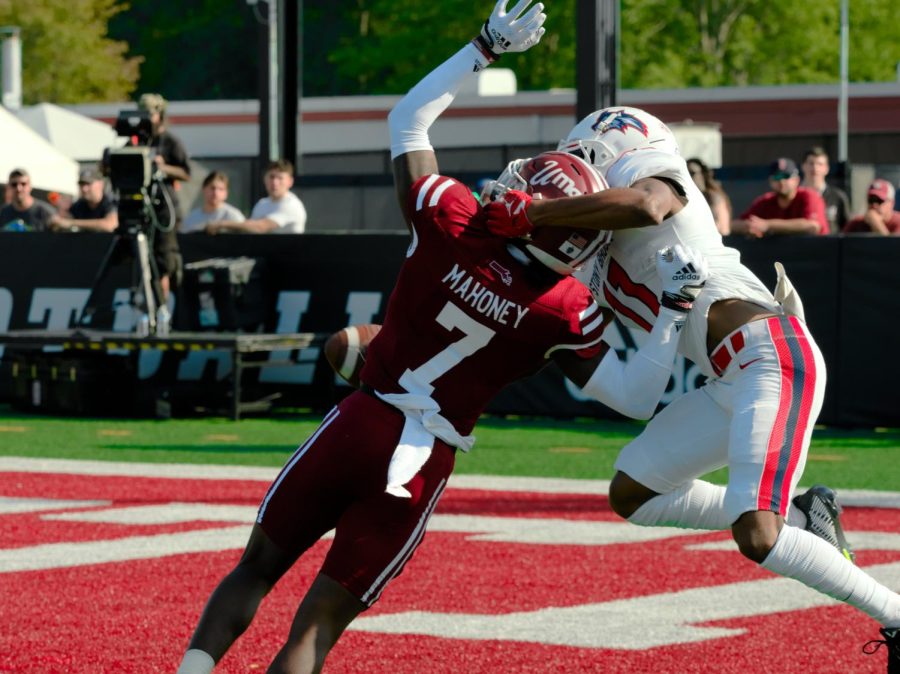The cultural centers at the University of Massachusetts have been struggling to operate this semester as student staff have been left in the dark about funding. Throughout the summer, student staff did not receive guidance on how they would be able to operate.
The four centers serve Black, indigenous, Latinx and Asian students on campus and are meant to “affirm the cultural expression, pride and engagement of students of color,” according to the Center for Multicultural Advancement and Student Success website.
“It just is messed up that the cultural centers have to be offline especially in a time where there’s so much need — all those identities that the cultural centers represent, those are the groups that are hurt the most, because of COVID and because of the racial injustices in this country,” said Lily Tang, a senior political science and global studies major, who has been working at the Yuri Kochiyama Cultural Center since her freshman year.
Staff issued a list of demands at the end of August, asking the University to honor the previous number of having six staff members per center, pay workers a living wage, give the centers autonomy over their programming, increase transparency and provide a $25,000 annual budget, among other things.
The centers also asked the University to hire a graduate assistant for each of the centers, as was the case in past years. The Center for Multicultural Advancement and Student Success, which the centers operate under, did hire one full-time program director and one associate director.
The latest meeting between staff and officials came last Friday. However, no consensus was reached regarding funding.
“CMASS is committed to hiring four student workers for the Fall 2020 semester,” said Mary Dettloff, deputy director of UMass News and Media relations.
“The cultural centers at UMass remain a priority for the administration. Two new hires made this summer amidst a university hiring freeze… signal that the administration remains committed to CMASS,” Dettloff said. “This fall, the programs CMASS offers, such as success coaching and cultural programs, have continued virtually. There is no intention on the part of Student Affairs and Campus Life to provide zero funding to any CMASS center, and they continue to await guidance from the budget office on the CMASS budget.”
Some students also cited a frustration with the lack of transparency regarding funding for the center. Despite the UMass COVID-19 FAQ page stating that cultural centers would remain open, staff didn’t receive guidance over the summer or at the start of the semester on how they would be able to operate the center.
“Throughout the summer, we barely got any communications from… CMASS about what the semester would look like. And understandably that things change and stuff, but at least [keep] us updated,” said Tang.
“There’s no communication, there’s no sense of, you know, this ability for us to actually to do our jobs and serve the communities we were created to serve,” said Zachary Steward, an Afro-American studies and legal studies double major.
Tang emphasized that the centers have traditionally always been student-run and lead, and their lack of funding for student staff now hampers efforts to provide programming.
“At this point, we’ve lost so much time like we’ve lost so many opportunities to connect with the incoming students,” she said. “Their delay is hurting the student staff’s ability to plan long term and have control over, what this semester and what potentially this year should look like.”
Usually, the centers host open houses and events throughout the semester to engage students and foster a sense of community on campus.
The lack of funding has also affected student workers who were relying on having a paying job this semester.
“It’s actually affected me to the point where I have to withdraw,” said Steward. “This job definitely would have been nice to have something in the meantime just to supplement and have an income.”
Tang said, “Having a campus job is a huge part of my personal income and being able to pay for necessities of school, like pay tuition, fees, etc. So, it’s definitely just been tough.”
Steward also voiced that he felt that marginalized students are being left behind.
“It’s just what I’ve come to expect from those in power, and in particular those in power who’ve seen this who claim to care about students,” he said.
“All of the identities that the centers represent are hurt the most. The fact that they are forced to be silent during this time is really painful,” said Tang.
Editor’s note: The centers do not provide scholarships to students, as was previously stated.
Irina Costache can be reached at [email protected]. Follow her on Twitter @irinaacostache.



















